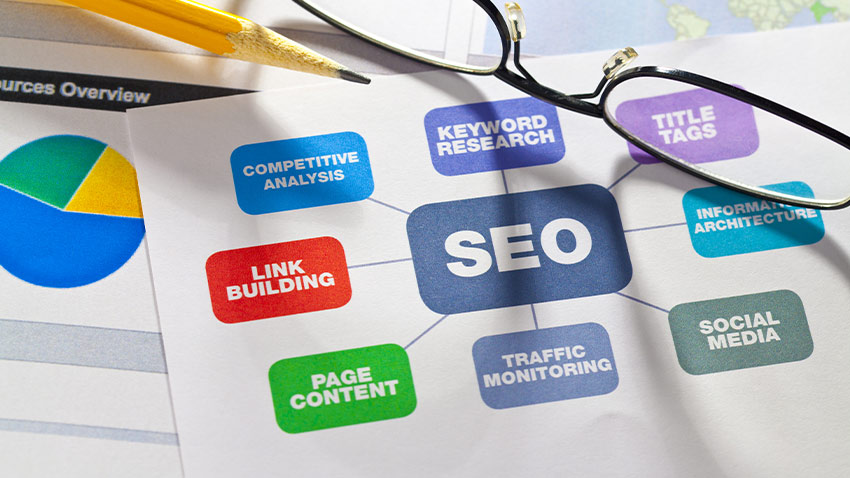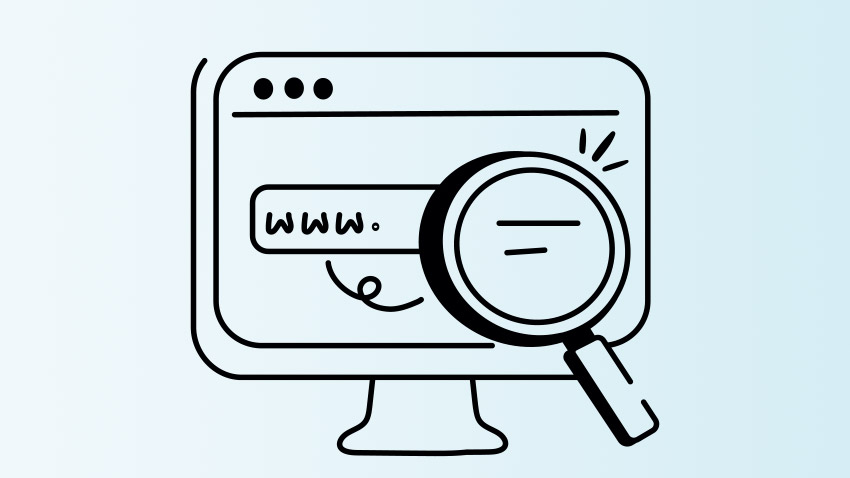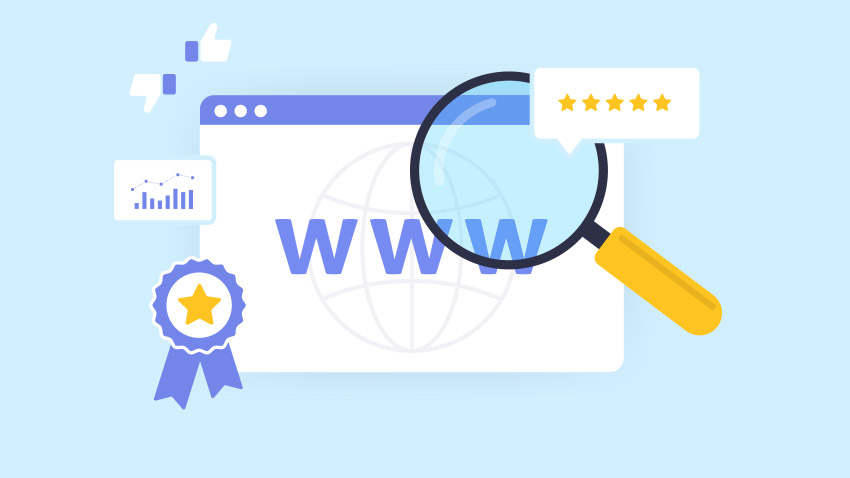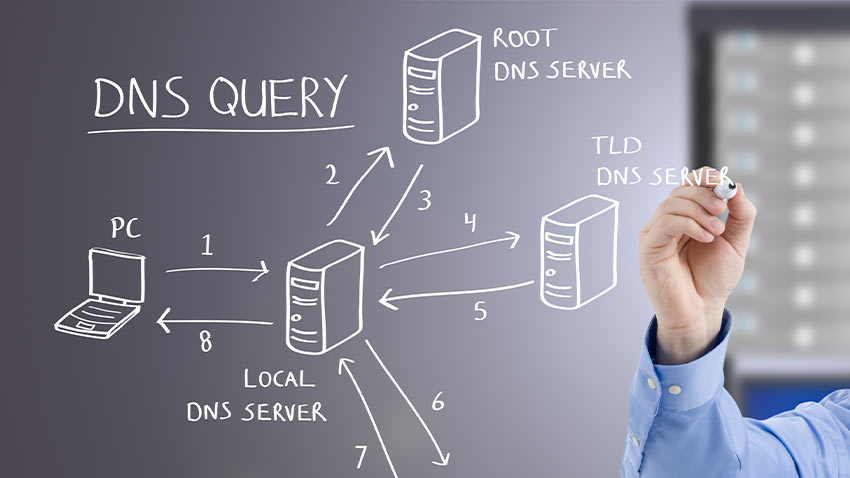As we approach the end of 2024’s third quarter, the effects of Post-Pandemic Digital Maturity continue to shape business strategy decisions.
The internet is clearly central to how we interact, share information, make purchasing decisions, and, not least, how we work. Since the pandemic, this digital shift has only accelerated. In 2023, 91% of adults in Europe were internet users, with internet penetration in the Americas and the CIS regions also reaching the upper 80% (source: Statista), highlighting how integral the digital world has become to everyday life.
Time spent online has increased significantly since the pandemic, with average daily internet usage rising by over 13%. Even after restrictions were lifted, people continue to spend an average of 6 hours and 37 minutes per day online globally (source: DataReportal). E-commerce has also experienced rapid growth – In 2023, online shopping accounted for over 19% of global retail sales (source: Statista).
As a result, many companies have shifted their operations partially, or in some cases entirely, to an online model to meet evolving market demands. There are two main routes toward establishing an online presence. Social media offers a quick and accessible way for businesses to get online, often making it the go-to platform for many entrepreneurs and brands. On the other hand, building a dedicated website or online shop provides a more comprehensive, long-term platform for those looking to have full control over their digital identity and customer experience.
But which approach is right for your business? Let’s explore the pros and cons of each.
The pros of social media
Why opt for social media to gain visibility?
- Social media is one of the most important tools for building an online presence. When managed properly, it allows businesses to quickly reach a vast audience, complete with insights into user demographics such as location, age, interests and other publicly available data.
- Setting up a social media account requires minimal effort – anyone can create a page in a matter of minutes, almost always free of charge. However, the real challenge comes in using social media effectively as part of a broader marketing strategy.
- Today’s social media platforms have much to offer. Many cater to specific audiences while also allowing businesses to sell online. This makes it relatively easy for companies to identify the most suitable platform and set up a page to interact with users and sell directly to them in little time.
But is it really just that simple? The short answer is yes; the long answer is no. Social media comes with its own risks, the biggest of which is related to account ownership. A Facebook or Instagram page is ultimately owned by the platform itself, which reserves the right to close the account at any time. It happens more often than you might expect, sometimes for trivial mistakes by those managing the page. For instance, on Instagram, following and then unfollowing users to boost engagement can result in your account being flagged and potentially shut down. Restoring a closed account is never a smooth process.
This is why having your own website is the safest option: all content is fully owned by you, and third-party platforms cannot interfere with it.
The importance of having a web page
A website should not be seen as an alternative to a social media page – it’s actually the central hub of your marketing strategy, with social media being just one component. For example, a well-designed and properly maintained website can significantly enhance a social media campaign. It serves as the perfect source of content to share across various social platforms.
There are also other aspects that can help us understand why it’s so important to have a web page:
1) Professionalism, credibility and trustworthiness
Users often conduct extensive research before making a purchase. Many have their preferred retailers, even if they come at a higher price point, because of the trust factor. Trust is largely built on transparency – the buyer knows exactly what they’re getting before completing the purchase.
A business without a website is less likely to instil trust in potential buyers who seek detailed information about a product or service. A website is synonymous with professionalism – it acts as a company’s calling card and shop window. While social media platforms allow businesses to share their story, the key difference is that the website is owned by the business – it’s their digital address. It’s an outstretched hand to users who want to know who the company is, what it does, and where it’s located.
What’s more, if a web page is also sensibly designed and offers a smooth navigation experience, potential clients are far more likely to trust the company and feel confident in purchasing their products or services.
Finally, a website fully represents the brand, conveying its values, logos, colours, design system and everything that contributes to its image. For companies looking to establish credibility and build trust with current and future customers, a website is an essential tool.
2) Security
As previously mentioned, unlike social media, a website doesn’t run the risk of being shut down by a third party due to ownership rights. It also offers several layers of added security, including the following:
- Backups and restoration: you can regularly back up your website, ensuring that it can be restored if you run into technical issues or cyberattacks.
- Control over content: everything published on your site, even by mistake, can be edited or removed at any time, giving you complete control over your online presence.
- Brand protection: a domain belongs exclusively to you and cannot be cloned by others. Social media pages, on the other hand, can be easily replicated by anyone, potentially damaging your brand reputation.
3) Marketing
Relying solely on a social media page limits a business to a single channel.
A website, on the other hand, allows a business to broaden its audience reach, capturing demographics that may not be on social media but use Google or other search engines to find products or services. By integrating SEO (Search Engine Optimization) and SEM (Search Engine Marketing) strategies, a website can be found through search engines alone, increasing its visibility.
In addition, a domain can feature in ads across various mediums such as TV, radio, blogs, and magazine articles – and, of course, in social media posts as well.
A website also plays a critical role in content marketing. Businesses can produce shareable content, like blog posts or articles, that can be easily distributed across social platforms like Facebook or X (formerly Twitter).
In contrast, it is much harder for social media content to gain traction across other information channels.
Website or Social Media?
It’s not productive to view websites and social media as completely separate entities. Both online solutions work in synergy to support the growth of a business. Social media is a quick and intuitive tool that can enhance a website, while a website, in turn, needs to be developed and maintained over time. Together, they should be part of an integrated marketing strategy, built as a complementary system.











